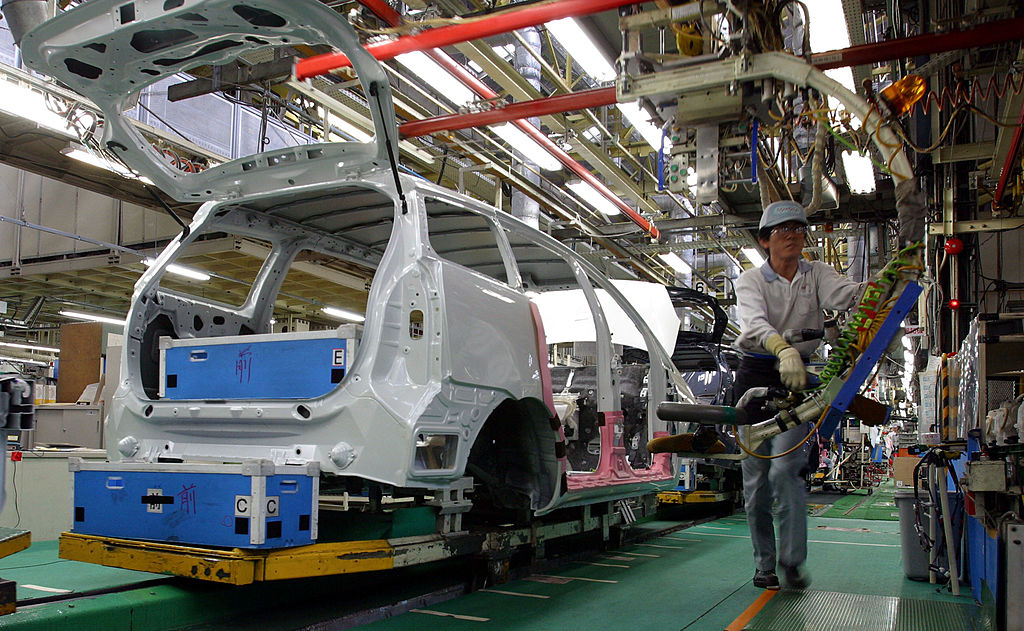How the Coronavirus Has Impacted Toyota’s Production in China
In light of the coronavirus outbreak in China, Toyota elected to close its plants there from late January through February 17th. The move made by the Japanese automaker was in response to the outbreak and the rising number of fatalities it has caused. With the death toll passing that of SARS with over 900 deaths, the economic impact on China and companies with ties to it are as significant as experts predicted.
How is Toyota dealing with the outbreak? How are they helping in the global fight against coronavirus?
Toyota closing plants in China
Toyota halted operations in its Chinese plants in late January and originally planned to restart production on February 10th. With the continued escalation of the outbreak, it has elected to push the restart date forward to February 17th. Toyota has four Chinese manufacturing plants in Guangdong, Jilin, Sichuan, and Tianjin. Each is a joint venture with local companies. They also have eight parts or components plants in China, which is the world’s second-largest economy.
The world’s second-largest carmaker decided to delay the continuation of operations another week while authorities try to gain control of the virus. On Friday, a Toyota spokesperson told CNN that while the plan was to continue “normal operation” no earlier than February 17th, they explained that there may be a further delay.
Toyota is monitoring the situation. They have to take into consideration the local and regional guidelines governing the health crisis. They also have to factor in the individual plants and their supply of parts.
Economic impact

China, the world’s largest auto market, makes more cars than any other country. The global market relies heavily on the country.
15% of Toyota’s cars are made in China, but it’s not as heavily invested in the country like other companies. Still, the automaker is watching the situation with concern as the spread of coronavirus continues.
The delays in production at the Chinese plants are predicted to bring assembly lines in Asia, Europe, and the U.S. to a halt because of the shortage of parts. There are eight million people worldwide employed by the auto industry, and the impact of the virus isn’t beneficial to an already sluggish industry. It’s predicted that the outbreak in China will only continue with a terrifying human and financial impact.
The impact of Chinese factory closures hurts the industry from different angles. There’s the loss of sales in China, the largest car market in the world. If other factories outside of China close because of a shortage of components or parts, the loss of sales will spread.
The New York Times reports that every week that Chinese factories are closed results in the loss of $26 billion from world trade according to estimates from Euler Hermes. With the sheer size of the auto industry, the financial impact would quickly spread through the global economy.
And the auto industry is not the only one taking a hit from the coronavirus outbreak. It’s also taking a toll on computers, electronics, heavy machinery, textiles, and more.
Toyota provides aid
In a statement issued on January 29th, Toyota President Akio Toyoda expressed deep sympathy for those affected by the outbreak or had lost their lives to it. He also expressed admiration for the healthcare professionals and officials from the government who were on the front lines of the growing global crisis.
Recognizing that numerous Toyota team members worked and lived in China, Toyoda announced the donation of 10 million CHY through the Red Cross Society of China to help in purchasing immediate needs like glasses, masks, medical supplies, protective clothing, and more.
Toyoda promised to monitor the situation with the feelings of those impacted in mind during this difficult time, keeping their safety and security as top priorities.


